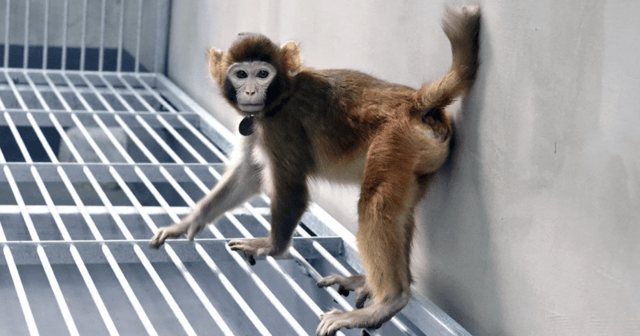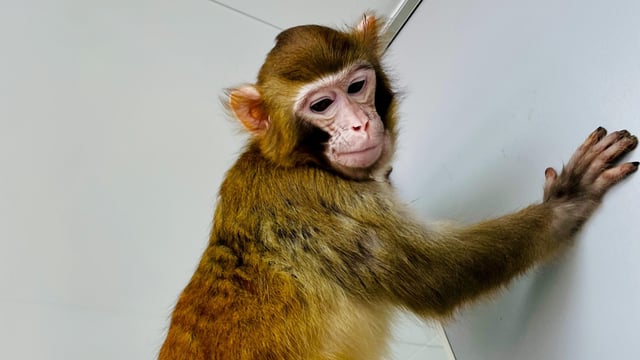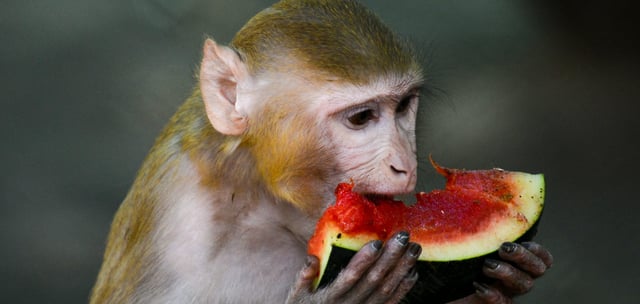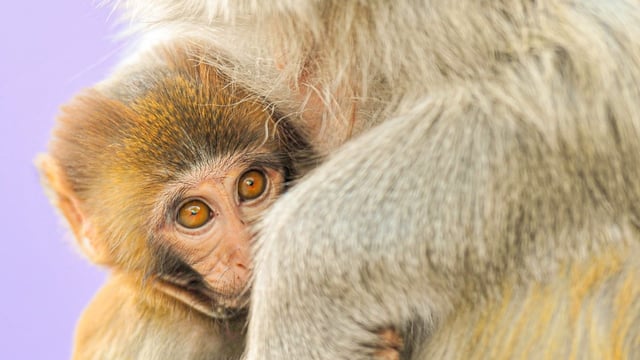Overview
- Chinese scientists have successfully cloned a rhesus monkey, a species widely used in medical research, marking a significant advancement in cloning technology.
- The cloned monkey, named 'ReTro', has remained healthy for over two years, indicating the cloning process was successful.
- The researchers used a new technique, replacing the placenta of the cloned embryo with one from a normal embryo, which significantly increased the success rate of cloning.
- The breakthrough could speed up drug testing as genetically identical animals provide greater certainty in trials.
- Despite the success, the cloning process remains extremely difficult with a low success rate, and raises ethical concerns about animal welfare.



